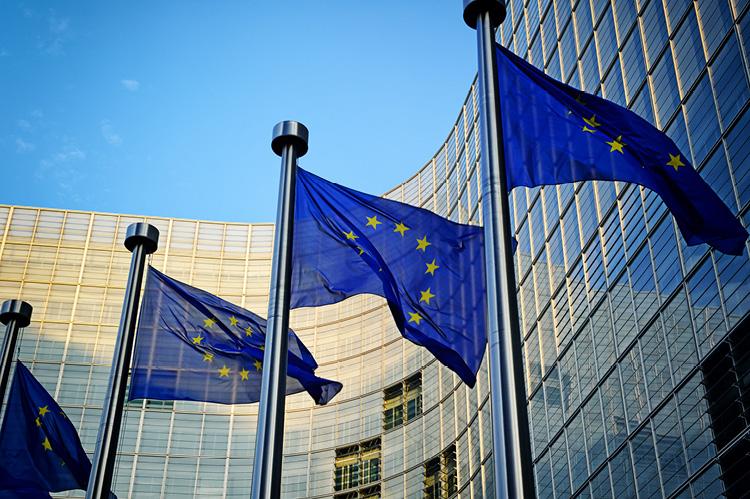EU Funds For Cross-Border Gas Pipeline Projects Dry Up

The construction of gas pipelines within the EU has been facilitated in the recent past by the institution's support for cross-border energy projects, meaning they can receive EU funding and fast-tracked permits, according to the TEN-E (Trans European Network) rules. Continued support for these "Projects of Common Interest" will be restricted in the future because of the risk they pose for the EU's climate goals. James Watson, head of industry group Eurogas, called the TEN-E plan a "watershed moment for the gas industry".
Last year, the EU handed nearly 1 billion euros to such projects, including power grids and a gas pipeline, money aimed at leveraging further cash from national governments and the private sector.
But as the European Commission seeks to slash Europe's greenhouse gas emissions, it is rewriting the TEN-E rules to make them greener and the new rules are expected to be published this week.
"Considering that the future natural gas demand is estimated to significantly decrease in line with the Green Deal objectives, natural gas infrastructure no longer needs support through the TEN-E policy," it said.
Under the draft rules, "smart gas grids" could get funding if they support "the integration of renewable and low-carbon gases" into the gas network. Pipelines to transport hydrogen are also eligible, but only if such pipelines exclude the transmission of natural gas.
When burned in power plants, natural gas produces less CO2 emissions and air pollution than coal. But it is not a zero-carbon fuel, and therefore not compatible with the EU's plan to have net zero emissions by 2050.

